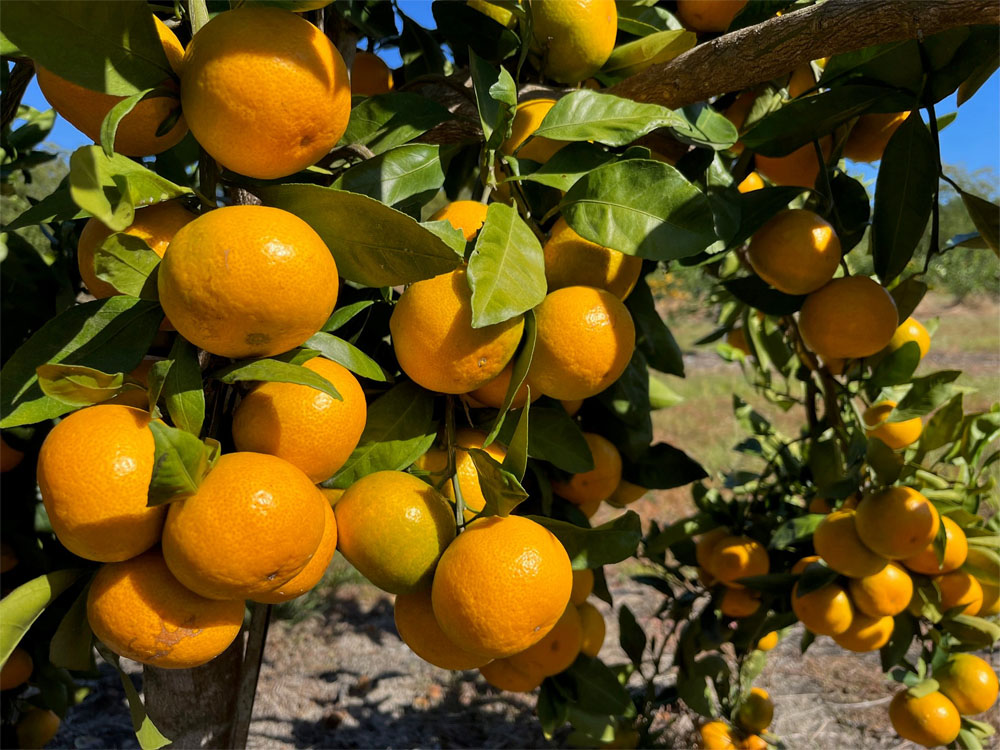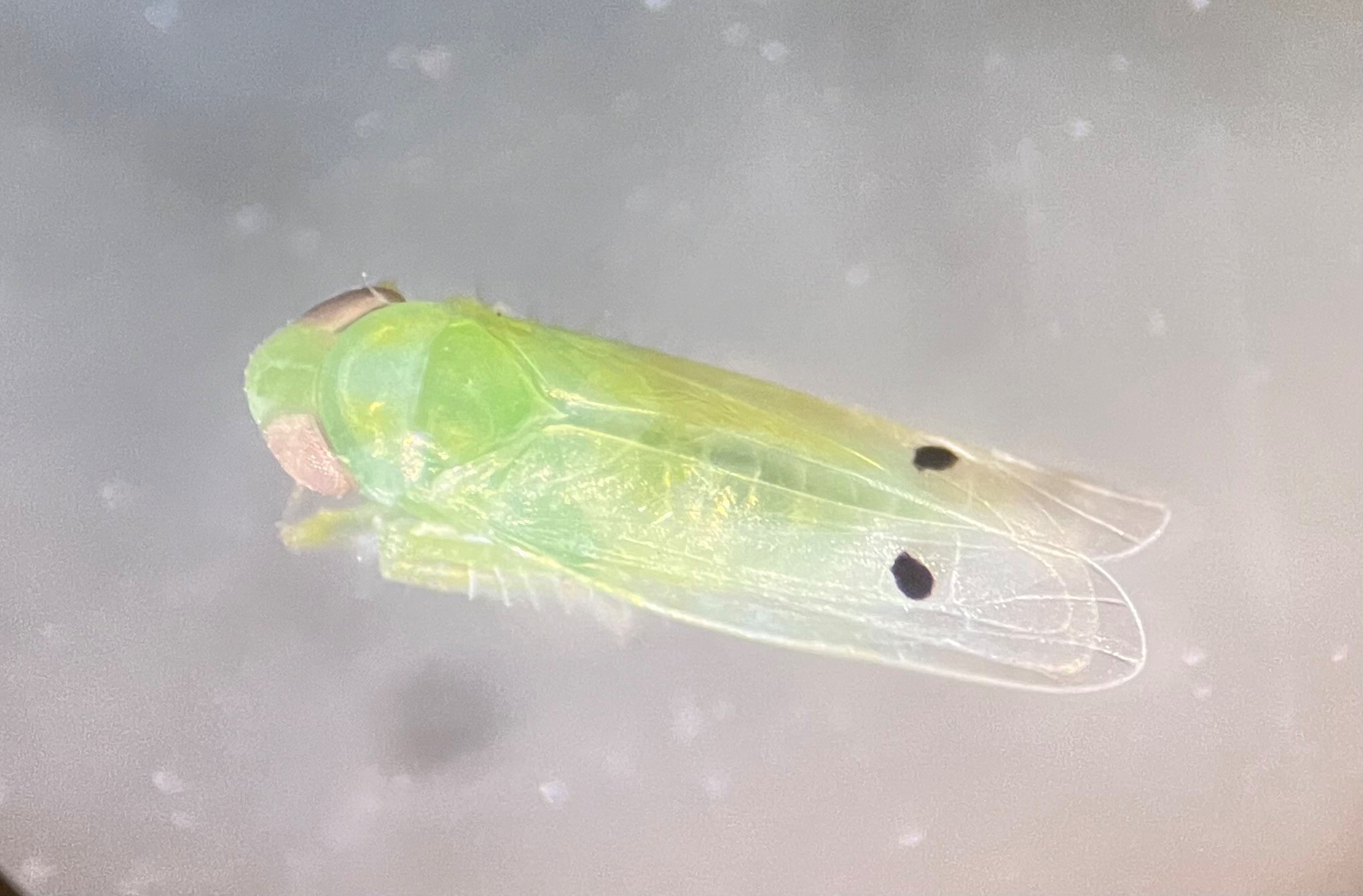In 1995, Georgia became the first state in history to produce
more than 5 billion
pounds of chicken in one year.
“That’s a lot of meat,” said Stan Savage, a poultry scientist
with the University of
Georgia Extension Service. “Georgia farmers are not only
producing more birds every
year, but they’re producing larger birds for a growing
market.”
Demand for chicken meat has grown 3 percent to 5 percent every
year for the past 15
to 20 years.
Savage figures that by the year 2000, Georgia farmers will
easily produce 6 billion
pounds of chicken meat annually. He attributes part of that
growth to chicken’s value.
“Chicken is the most economical meat per pound,” he
said. “Consumers can get either
whole birds or parts at various levels of processing.”
Consumer demand for processed parts is on the rise, too.
Boneless, skinless chicken
pieces make meal preparation quicker and easier. That’s what
shoppers want more of —
meats that make their lives easier.
“If the processor plans to cut up the chicken, it has to be
larger,” Savage said.
“Processors are running a lot of five- and six-pound birds
through the line.”
Georgia poultry firms now process 21 million chickens every
week. Savage said several
plants are expanding either processing facilities or their
production on the farm.
“Georgia’s real advantage over other chicken-producing states
like Arkansas and
Alabama is that we’ve just got more room to expand,” Savage
said.
Broiler houses are popping up all over south Georgia to supply
chickens to processing
plants. “We’re expanding away from the traditional poultry-
producing areas in north
Georgia, particularly around Gainesville,” he said.
With more and more chickens comes a natural by-product:
litter.
For every pound of meat Georgia farmers grow, Savage said, they
have to contend
with a half-pound of litter.
“Truly, there’s 2.5 billion pounds of litter produced every year
that must be dealt
with,” he said.
But row-crop and livestock farmers call it black gold. It makes
excellent fertilizer for
cotton, corn, grasses and small grains. “It’s great on any crop
that requires a lot of
nitrogen,” Savage said.
Georgia farmers raise chickens in 95 counties. In broiler income
alone, Georgia
farmers topped $1.7 billion in 1995, the latest year for which
figures are available.
Overall poultry income made up nearly one-third of Georgia’s
total agricultural
income.




